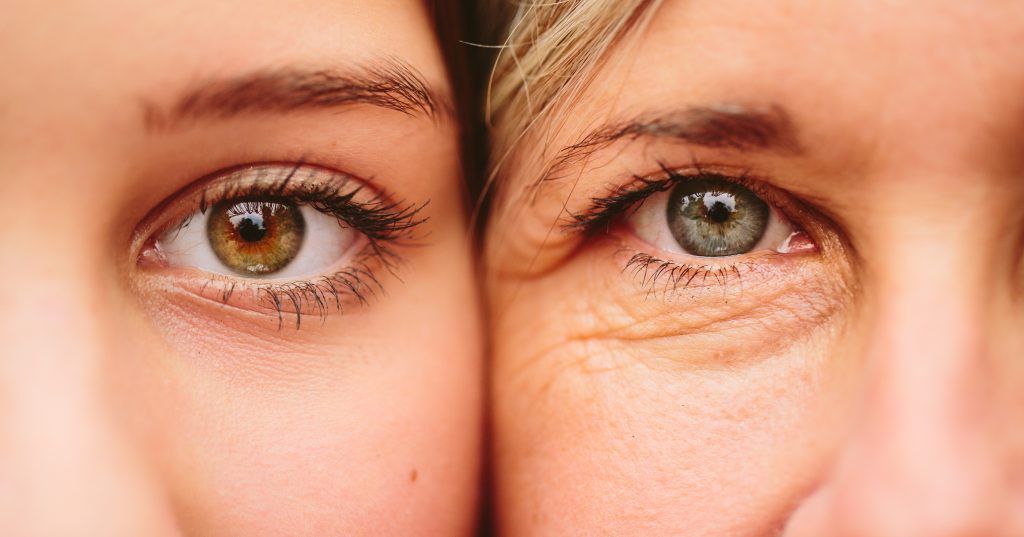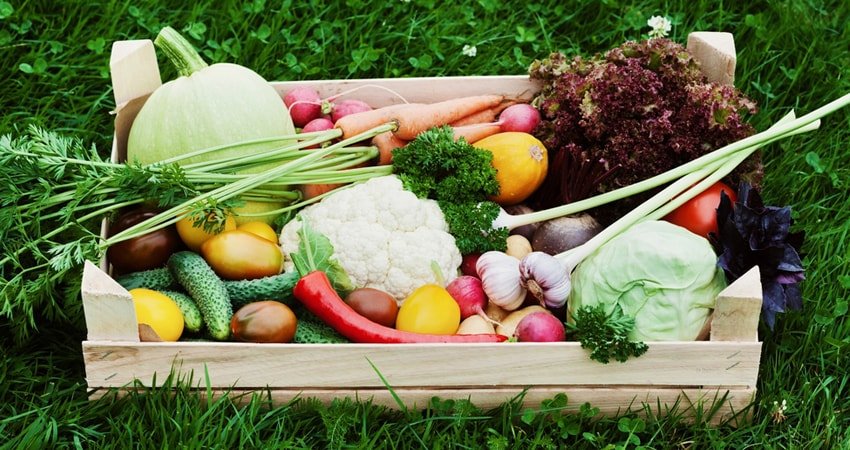Our skin changes naturally as we age, which can affect our look and health. While aging is a natural process, there are some cosmetic techniques and habits that may help reduce the effects of age and maintain healthy skin. In this post, we will look at many tactics and lifestyle choices that can help us keep youthful, glowing skin as we age.
Protecting Your Skin from the Sun
One of the most crucial steps in preventing premature aging is protecting your skin from harmful UV radiation. Excessive sun exposure can lead to wrinkles, age spots, and other signs of aging. Make sure to wear sunscreen with a high SPF, seek shade during peak sun hours, and wear protective clothing, such as hats and sunglasses, when you’re outdoors. Additionally, avoid tanning beds, as they can also contribute to skin damage and premature aging.
Adopting a Healthy Diet

Eating a well-balanced, nutritious diet is important not just for your general health, but also for the health and vibrancy of your skin. Include antioxidant-rich foods like fruits, vegetables, and whole grains in your diet since they can help counteract free radicals and protect your skin cells from harm. Omega-3 fatty acids, found in fatty fish, flaxseeds, and walnuts, can also aid in good skin by lowering inflammation and retaining hydration.
Hydrating Your Skin
Maintaining youthful-looking skin requires proper hydration. Drink plenty of water throughout the day to keep your skin moisturized from the inside out. Use moisturizers that are appropriate for your skin type to prevent dryness and lock in moisture. Products containing hyaluronic acid might be especially effective since they attract and retain moisture, providing a plump and young face.
Establishing a Skincare Routine
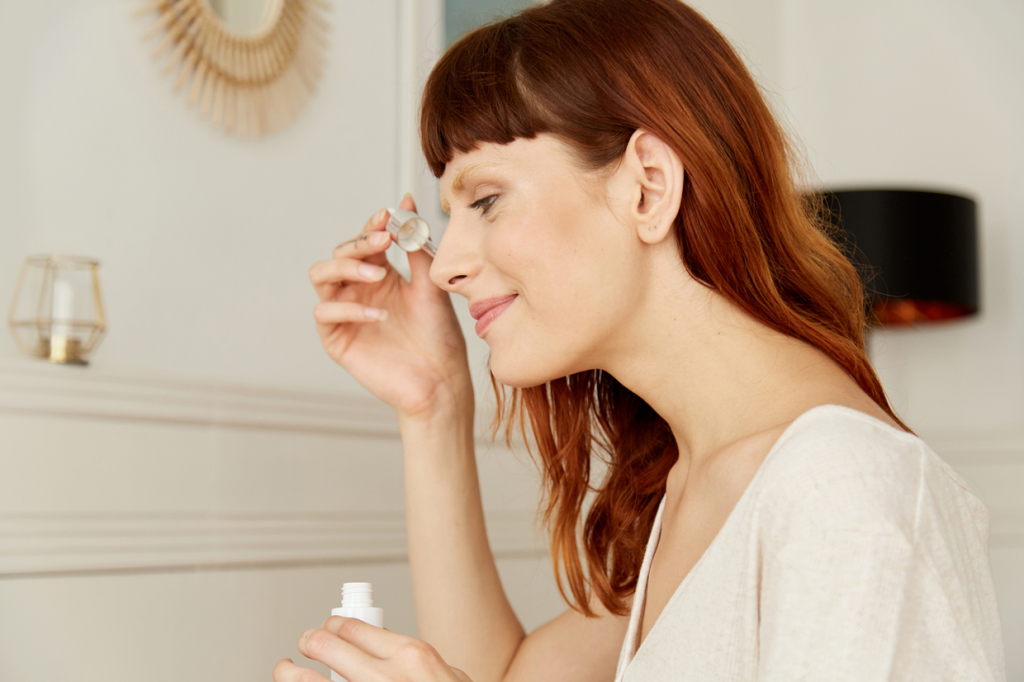
A consistent skincare routine tailored to your skin’s specific needs is essential for healthy skin aging. Cleansing your face twice a day helps remove impurities and prevent clogged pores. Incorporate a gentle exfoliant to remove dead skin cells and promote cell turnover. Use serums or creams containing ingredients like retinol, vitamin C, and peptides to target specific concerns such as wrinkles, uneven skin tone, and loss of elasticity. Finally, always apply a moisturizer and sunscreen as the last step in your skincare routine to protect and nourish your skin.
Avoiding Smoking and Limiting Alcohol Consumption
Smoking damages collagen and elastin fibers in the skin, leading to wrinkles, sagging, and dullness. It also restricts blood flow, depriving the skin of essential nutrients and oxygen. Similarly, excessive alcohol consumption can dehydrate the skin and contribute to inflammation and premature aging. Quitting smoking and moderating alcohol intake can have significant positive effects on your skin’s health and appearance.
Managing Stress Levels
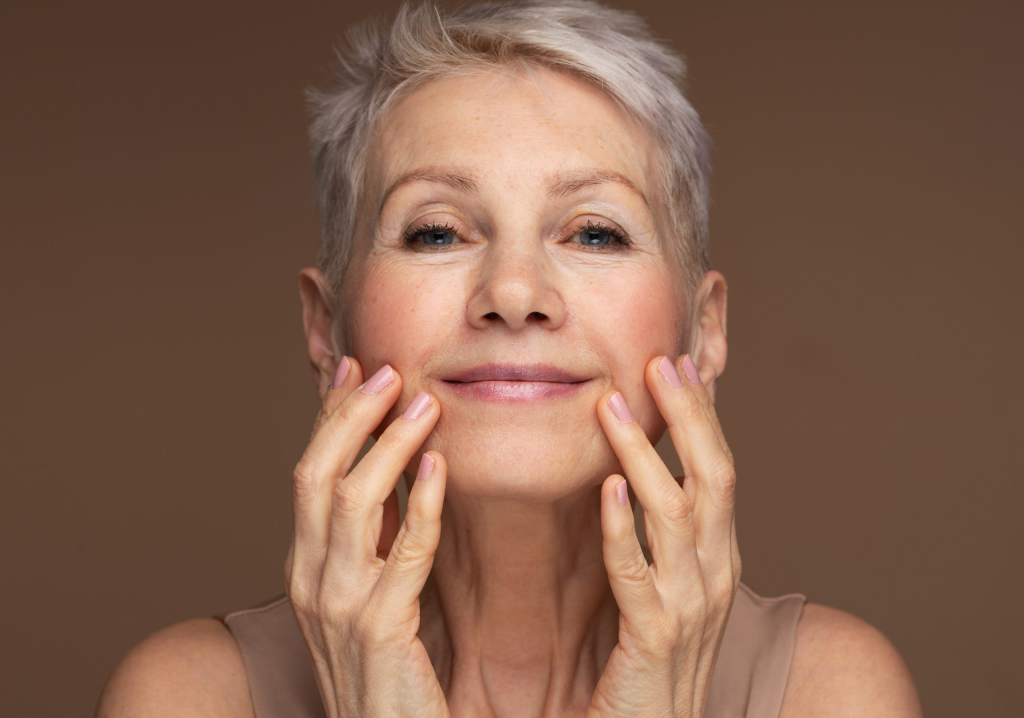
Chronic stress may have a negative impact on your skin, causing a variety of skin problems and hastening the aging process. Find healthy strategies to cope with stress, such as exercise, meditation, deep breathing techniques, or participating in activities that you like. Taking time for self-care and relaxation boosts not just your mental health but also your skin’s health and radiance.
Regular Exercise
Exercise on a regular basis not only helps your general health, but it also promotes good skin. Exercise stimulates blood flow to the skin, supplying oxygen and nutrients while also eliminating pollutants. It can also help to relieve stress and produce a more youthful complexion. For best effects, aim for at least 30 minutes of moderate-intensity activity most days of the week.
Getting Sufficient Sleep
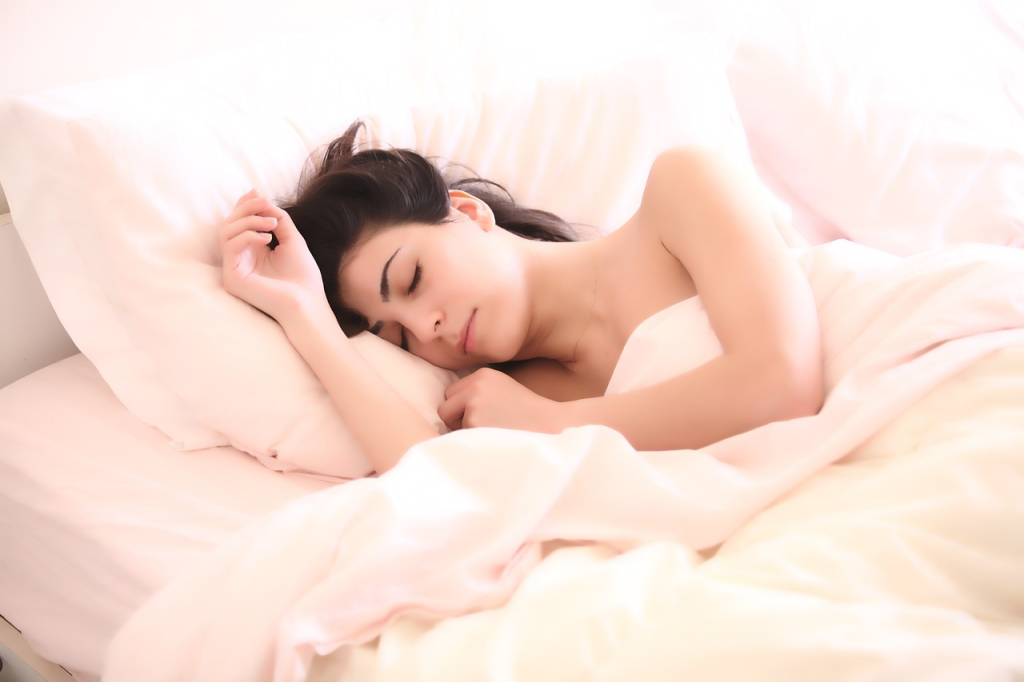
Adequate sleep is crucial for overall health and plays a significant role in skin health and appearance. During sleep, your body repairs and rejuvenates itself, including your skin. Lack of sleep can lead to a dull complexion, dark circles, and accelerated aging. Aim for seven to eight hours of quality sleep each night to allow your skin to regenerate and maintain its youthful glow.

